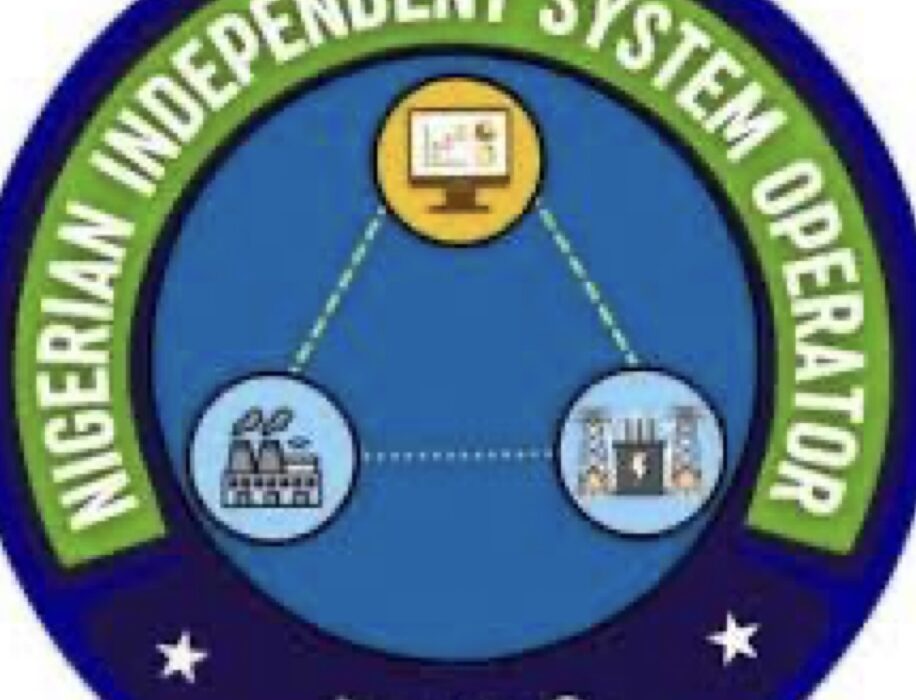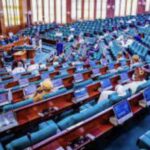Nigerians Can’t Afford Higher Power Tariffs, Says NISO

The Nigerian Independent System Operator (NISO) has cautioned against any further increase in electricity tariffs, warning that many Nigerians can no longer afford higher energy costs amid the country’s harsh economic realities.
Speaking at the 5th Annual Conference of the Power Correspondents Association of Nigeria (PCAN) in Abuja, NISO Managing Director, Engr. Abdu Bello Mohammed, said while cost-reflective tariffs are vital for the survival of the power sector, any adjustment must be gradual and sensitive to the plight of consumers. He noted that the current economic situation, marked by inflation, rising fuel prices, and declining purchasing power, has left households and small businesses struggling to cope with existing electricity bills. “Electricity tariffs should reflect not only the cost of service but also the economic conditions of the people. We must avoid pushing more Nigerians into energy poverty,” Mohammed said. The NISO boss stressed that reforms in the sector must go hand in hand with improvements in power supply, efficient metering, and transparent billing systems to justify any tariff changes. He added that increasing tariffs without significant service improvement would further erode public trust in the electricity industry. Mohammed also called on the federal government and industry regulators to adopt a phased and equitable rollout of cost-reflective tariffs. He suggested lifeline rates for low-income earners and stricter measures to reduce technical and commercial losses by distribution companies. NISO’s position comes amid public outcry over rising energy costs and unreliable power supply. Consumer groups and civil society organisations have repeatedly urged the Nigerian Electricity Regulatory Commission (NERC) to reconsider tariff hikes, describing them as unfair and economically unsustainable. The agency maintained that achieving a stable and reliable power system requires shared responsibility between operators and consumers but warned that tariff reforms must not come at the expense of citizens’ welfare.









